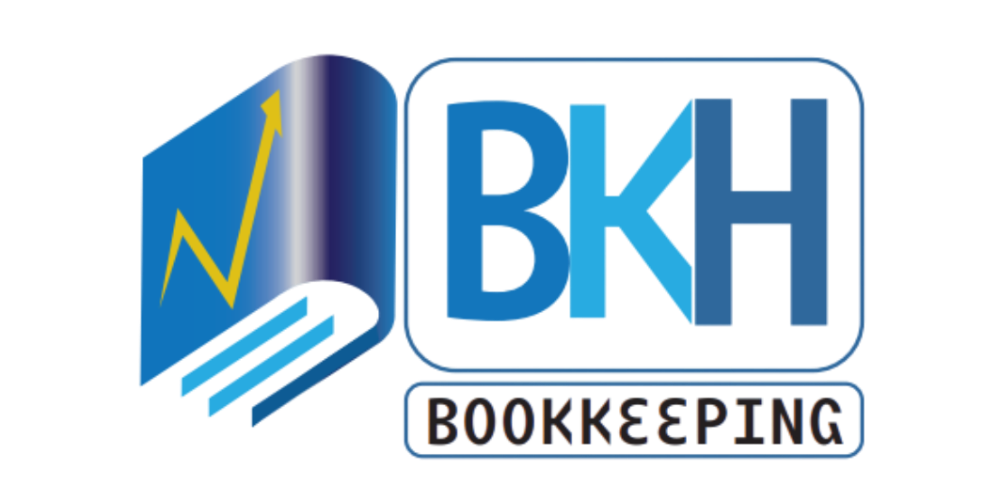Small Business skills and Training boost

The Skills and Training Boost allows small businesses with an aggregated annual turnover of less than $50 million to deduct an additional 20% of expenditure incurred for the provision of eligible external training courses to their employees by registered providers in Australia.
To be eligible for this bonus deduction, businesses must meet the following criteria:
- The expenditure must have been incurred between 7:30 pm AEDT 29 March 2022 and 30 June 2024.
These new tax incentives present a significant opportunity for small businesses to accelerate their digital transformation journey and invest in their workforce. By strategically investing in digital technologies and employee training, businesses can enhance their operational efficiency, customer experience, and overall competitiveness. As always, it’s advisable to consult with a Chartered Accountant to understand how these incentives can be best utilised for your specific business needs.
Seizing the Opportunity
The Small Business Technology Investment Boost and the Small Business Skills and Training Boost represent a significant opportunity for small businesses to invest in their future.
By taking advantage of these incentives, businesses can not only enhance their digital capabilities and workforce skills but also improve their bottom line by reducing their tax liability.
The Technology Investment Boost can help businesses upgrade their digital infrastructure, enhance their cybersecurity, and adopt new technologies that can improve efficiency and customer service. Meanwhile, the Skills and Training Boost can help businesses invest in their most valuable asset – their employees.
By providing employees with the training they need to excel in their roles, businesses can improve productivity, enhance service quality, and retain top talent.
Planning for Success
While these incentives are generous, it’s important for businesses to plan their investments carefully. This includes ensuring that any expenditure meets the eligibility criteria and is incurred within the specified timeframes. Businesses should also consider their cash flow, as the cost of the investment must be paid upfront, with the deduction applied later in the tax return.
Furthermore, businesses should ensure that their investments align with their overall business strategy. For example, when investing in digital technologies, businesses should consider how these technologies can support their business goals and provide a return on investment. Similarly, when investing in training, businesses should consider how the training will enhance their employees’ skills and contribute to the business’s success.
Looking Ahead
As the business landscape continues to evolve, it’s clear that digital adoption and skills development will be key drivers of success for small businesses.
By taking advantage of the Small Business Technology Investment Boost and the Small Business Skills and Training Boost, businesses can position themselves for success in the digital age.
As always, it’s advisable to talk to us when planning your investments and claiming these tax incentives.


